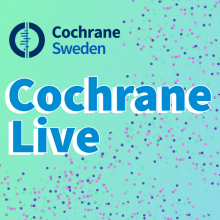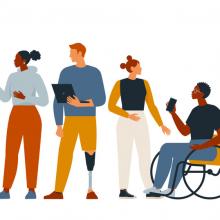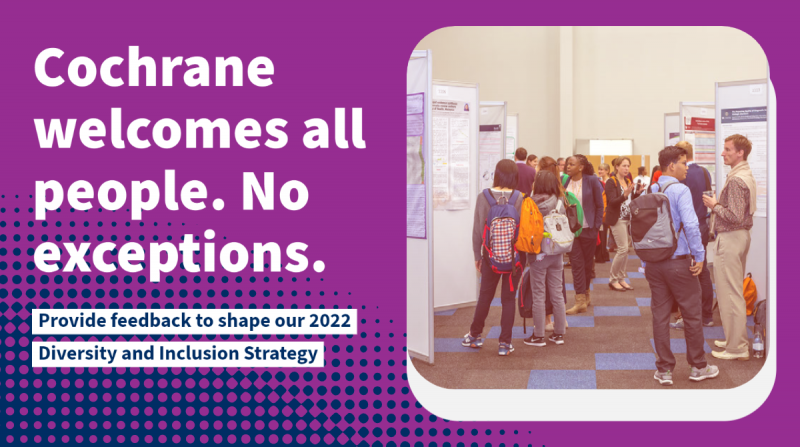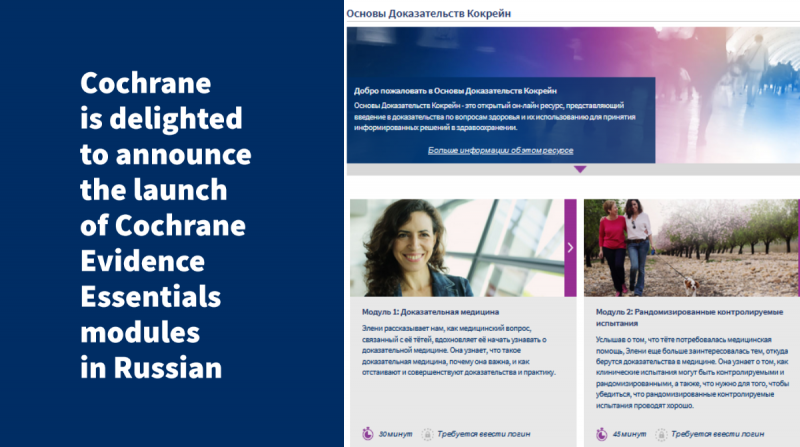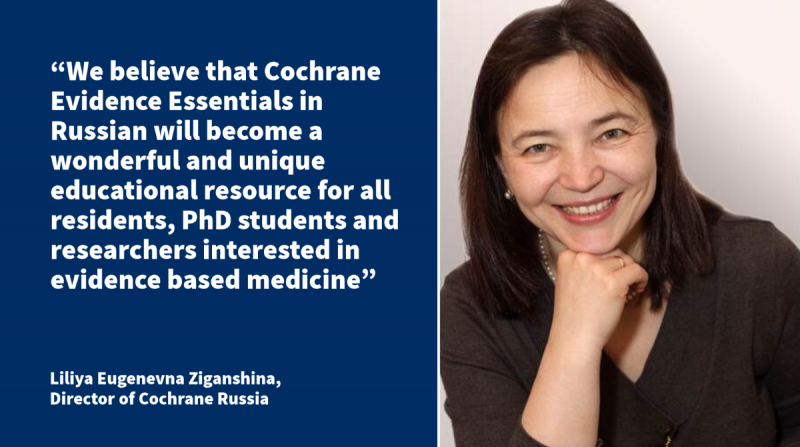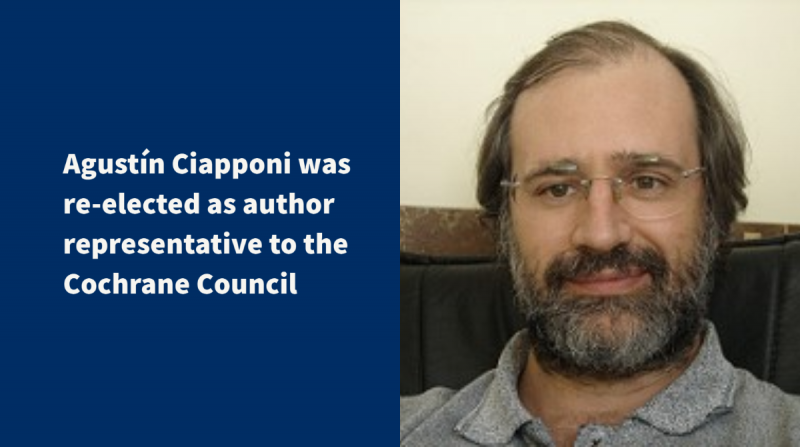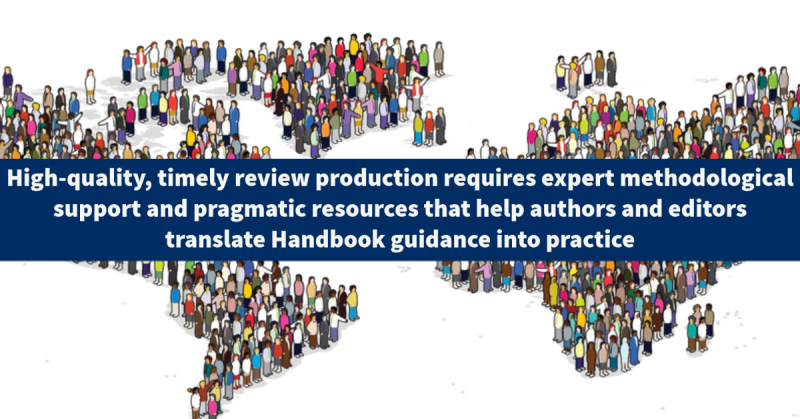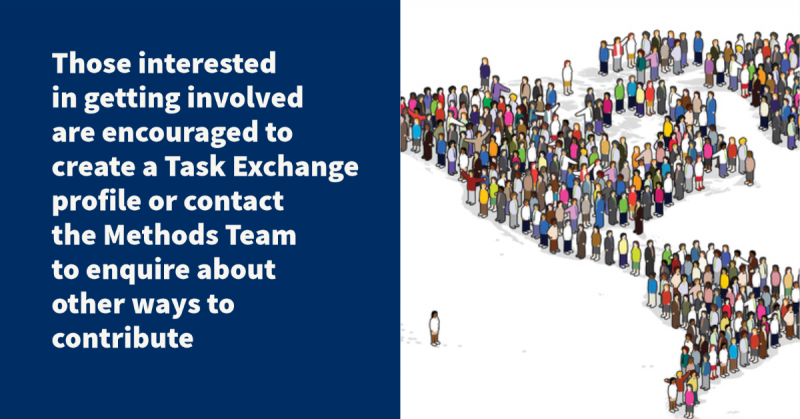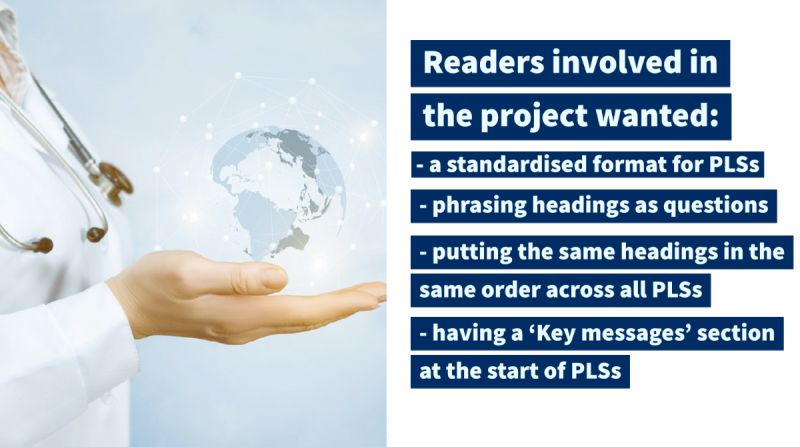Congratulations to Jackie Ho, Winner of 2021 Anne Anderson Prize

Congratulations to Jackie Ho, Winner of 2021 Anne Anderson Prize
The Anne Anderson Award recognizes a female member of Cochrane who has made a significant contribution to the enhancement and visibility of women's participation within Cochrane. The Anne Anderson Award is one of severally prizes awarded annually.
Who was Anne Anderson?
Anne Anderson was a contributor to the stream of thinking and effort that gave birth to evidence-based health care. A clinically qualified reproductive physiologist, Anne had an active interest in women’s health, co-editing the first edition of Women’s Problems in General Practice with Ann McPherson and contributed to Effectiveness and Satisfaction in Antenatal Care (1982), edited by Murray Enkin and Iain Chalmers. She was discussing with Marc Keirse and Iain Chalmers the possibility of co-editing a companion volume on elective birth, however her premature death from breast cancer in 1983 ended her involvement. Anne Anderson was 46 years old when she died. Iain Chalmers, Murray Enkin and Marc Keirse went on to publish Effective Care in Pregnancy and Childbirth (ECPC) in 1989, dedicating the book in part to Anne. ECPC, through its systematic approach to assessing the research literature, is widely acknowledged to have led to development of Cochrane.
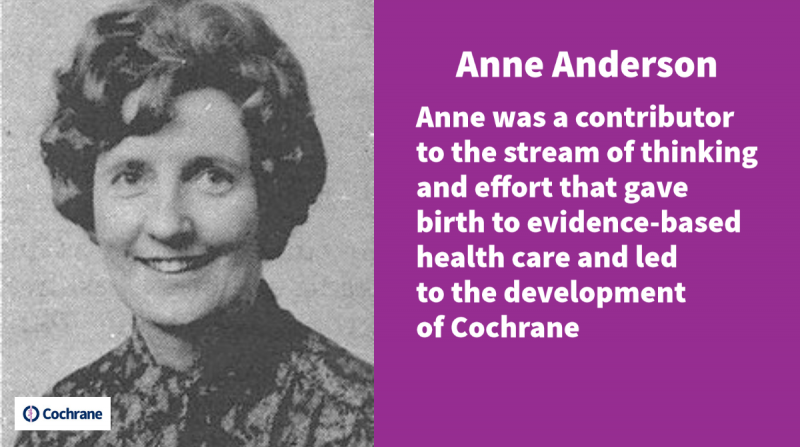 What’s the goal of the Anne Anderson Award?
What’s the goal of the Anne Anderson Award?
The goal of the Anne Anderson Award is to recognize and stimulate individuals contributing to the enhancement of women’s visibility and participation in Cochrane’s leadership. In the footsteps of Anne Anderson, many outstanding women continue to contribute and inspire other women to improve health knowledge for the good of their communities.
The Award recipient receives a plaque from Cochrane honouring her contributions. She then designates the cash award of 3,000 USD to assist a woman from a low-resource setting with her Cochrane activities, who should eventually provide a brief written report on how the funds have been used.
"Jackie Ho, as a founder of Cochrane Malaysia and a leader who has involved women at all level of the Malaysian network, is an inspiration to all women in Cochrane. I have seen Jackie’s encouragement and support in action throughout the Australasian network and at Cochrane meetings around the world. Jackie epitomizes the Anne Anderson Award through her long-term contributions to the enhancement and visibility of women’s participation within Cochrane.” Anne Anderson Committe Co-Chair, Lisa Bero


